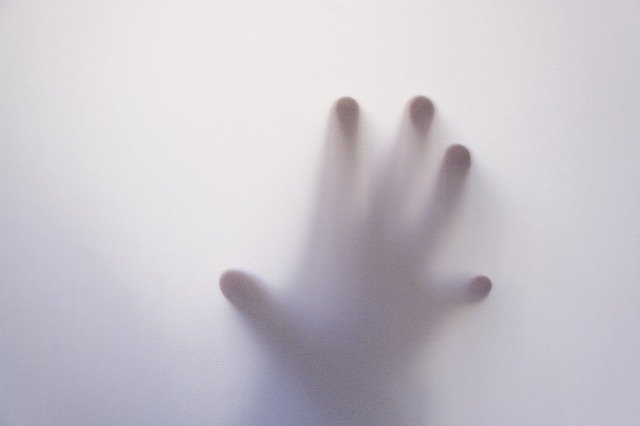When Does Worry Become An Anxiety Disorder?

Hi, I am Betty Knight, Owner of this site! I…
Many people experience anxiety at some point or another, to varying degrees. The American Psychological Association defines anxiety as an “emotion characterized by feelings of tension, worried thoughts and physical changes like increased blood pressure.” It is common to experience anxiety prior to a stressful event, such as taking an important exam. In some ways, anxiety can be beneficial, as it motivates us to adequately prepare and alerts us to the presence of danger.
But what if worry becomes ongoing, excessive and starts to impact your ability to function on a daily basis? When might worry and fear indicate a deeper issue? Let’s discuss the signs of an anxiety disorder as well as common types of anxiety disorders.
‘Normal’ Worry vs. Anxiety Disorder
While many individuals experience feelings of nervousness attributed to stressful events (such as performing onstage or conflict with a friend), they typically find that once the event is over or the issue is resolved, the anxiety subsides. However persistent worry that continues for a period of weeks or months may signal a potential anxiety disorder. For individuals with anxiety disorders, worry often does not have a direct cause. There is a persistent sense of being ‘on edge’ or feelings of impending doom that exist regardless of whether there is anything specific to be worried about.
A key to identifying an anxiety disorder is if feelings of worry and physical symptoms of anxiety are causing significant disruption to an individual’s ability to carry out daily activities. Many people living with anxiety disorders face challenges with school or work, and in their relationships due to the inability to control overwhelming worry.
Types of Anxiety Disorders
There are various different types of anxiety disorders that present in unique ways.
- Generalized Anxiety Disorder (GAD): excessive and ongoing worry about everyday things such as work/school, health, etc. Symptoms include feeling ‘on edge’ or irritable, persistent fatigue, difficulty concentrating, sleep disturbances and physical symptoms such as gastrointestinal distress and muscle tension.
- Panic Disorder: involves recurrent panic attacks (sudden episodes of intense fear). Signs of a panic attack are rapid heart rate, chest pain/discomfort, shortness of breath, nausea, dizziness, trembling or shaking, and feelings of losing control. Other symptoms of panic disorder include preoccupation with when the next panic attack might occur and avoiding anything that could trigger an episode.
- Social Anxiety Disorder: extreme fear of social situations where an individual could be judged, embarrassed or rejected by others. As a result, someone with social anxiety disorder may avoid being around others, face challenges at school/work and have difficulties pursuing personal relationships.
- Specific Phobia: intense fear of a specific object or situation that typically poses little danger or threat. Some common phobias include certain animals, receiving injections, flying, etc. Living with a phobia can be very limiting, as it is common for someone to go to extreme lengths to avoid their feared object/situation.
The cause of anxiety disorders is unknown. However, there are various risk factors that make an individual more likely to develop one such as a family history of anxiety or other mental health disorders, trauma and stressful life events.
For more information about anxiety disorders and to take an anxiety, depression or ADHD test, visit Mind Diagnostics.
When to Seek Support
If you are experiencing signs of an anxiety disorder, or you are concerned that excessive fear or worry is impacting your quality of life, seek out support from a mental health professional. There is no cure for anxiety disorders, but there is treatment that is beneficial for reducing the intensity of symptoms.
Treatment for anxiety disorders consists of psychotherapy and/or medication as well as developing healthy coping skills and stress management strategies. The first step is to reach out for support and to know that there is hope for living meaningfully in the midst of anxiety.

Marie Miguel has been a writing and research expert for nearly a decade, covering a variety of health- related topics. Currently, she is contributing to the expansion and growth of a free online mental health resource with Mind-Diagnostics.org. With an interest and dedication to addressing stigmas associated with mental health, she continues to specifically target subjects related to anxiety and depression.
What's Your Reaction?
Hi, I am Betty Knight, Owner of this site! I am a 'nearing 30-year-old', happily married to 1 awesome man. We live in the beautiful tourist town of Franklin NY.



